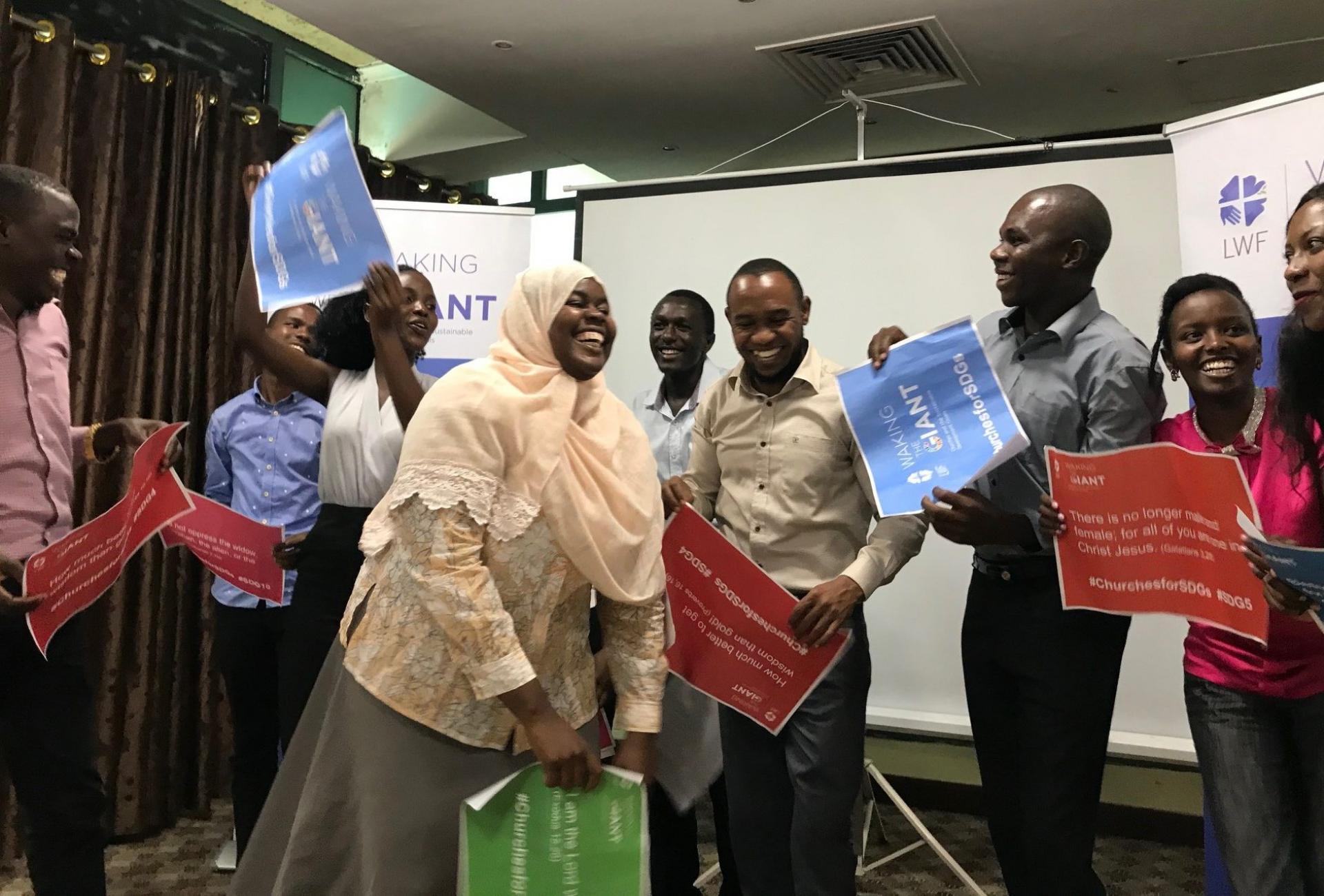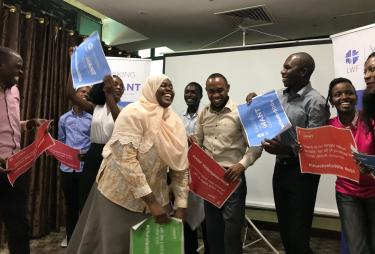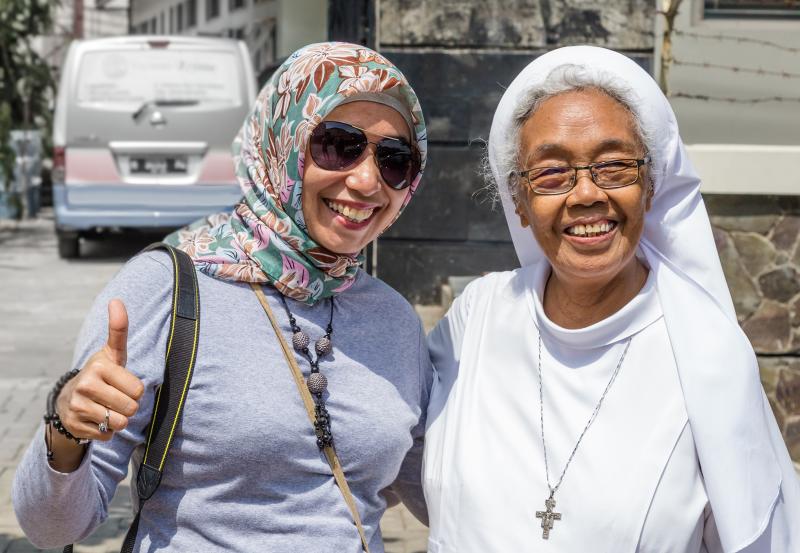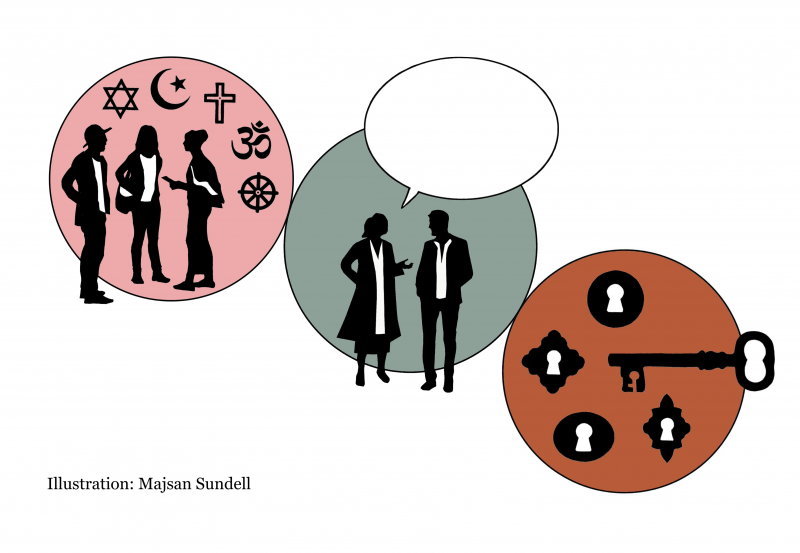Who Cares About Religion?
Tanzania Photo: Kerstin Bergeå


Religion and worldviews shape how we think, act, and interpret the world around us. This makes religion highly relevant for anyone working in international development, conflict resolution, or social and humanitarian sectors.
More than 80 per cent of the global population identifies as religious. Values, moral perspectives, and everyday choices, what is considered right or wrong, good or evil, are often influenced by religious traditions, teachings, and both formal and informal religious leadership.
Religious Literacy Matters
Religion can impact individuals and societies in both positive and negative ways. To act wisely and effectively in a global context, it is essential to understand the role that religion plays. For this reason, we have developed tools aimed at strengthening the religious literacy of both aid practitioners and religious actors.
No One Is Neutral
Everyone holds values and beliefs that influence how they work — and these may at times be at odds with the beliefs of others. Developing a greater awareness of this dynamic is at the heart of religious literacy.
By becoming religiously literate, you are better equipped to examine your own values in relation to the convictions of others. In doing so, you help create more inclusive and respectful conditions for a better, more just world.
PowerPoint
Religious Literacy Toolbox
This Religious Literacy Toolbox is a PowerPoint packed with resources for presentations or self-study. To help you navigate the material, we recommend that you download the PDF-guide available.
Guide
Religious Literacy Toolbox
This guide provides an introduction and overview to assist facilitators who wish to use the toolbox to plan and deliver a workshop or facilitate a process.


Faith and Democracy Belong Together
Respect for human rights is a prerequisite for a democratic society. Based on our Christian values, we believe that every human being is created in the image of God and has inviolable and equal rights to live his or her life in freedom.
Read more about Faith and Democracy

Learn more about Religious Literacy through our course
With our digital course on religious literacy, you can learn more about your own values in relation to other people’s faith and beliefs.
Read more about our course on Religous LiteracyAdvocacy with Faith in Development
We are knowledge based, working with religious literacy and freedom of religion or belief for all.

